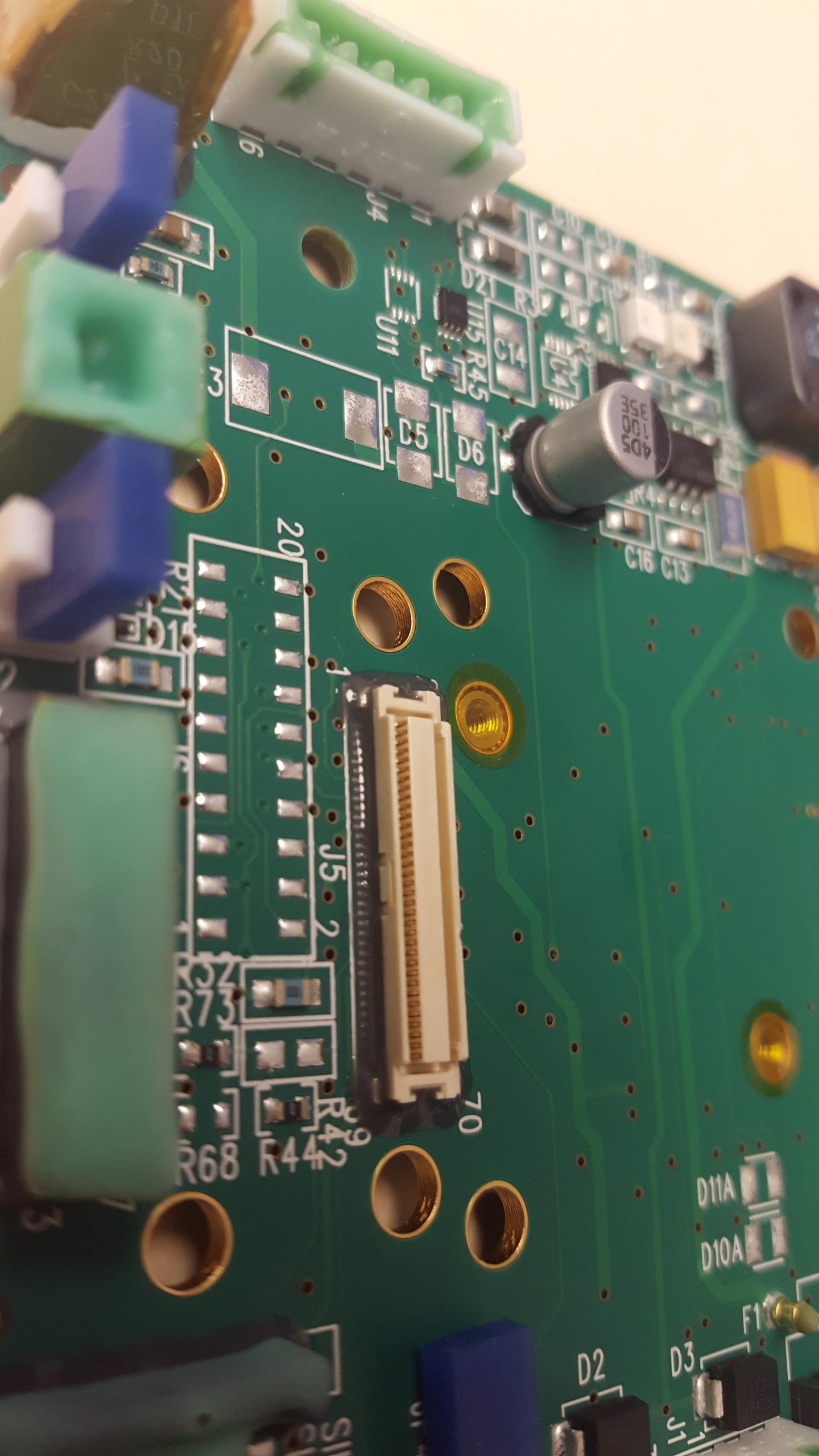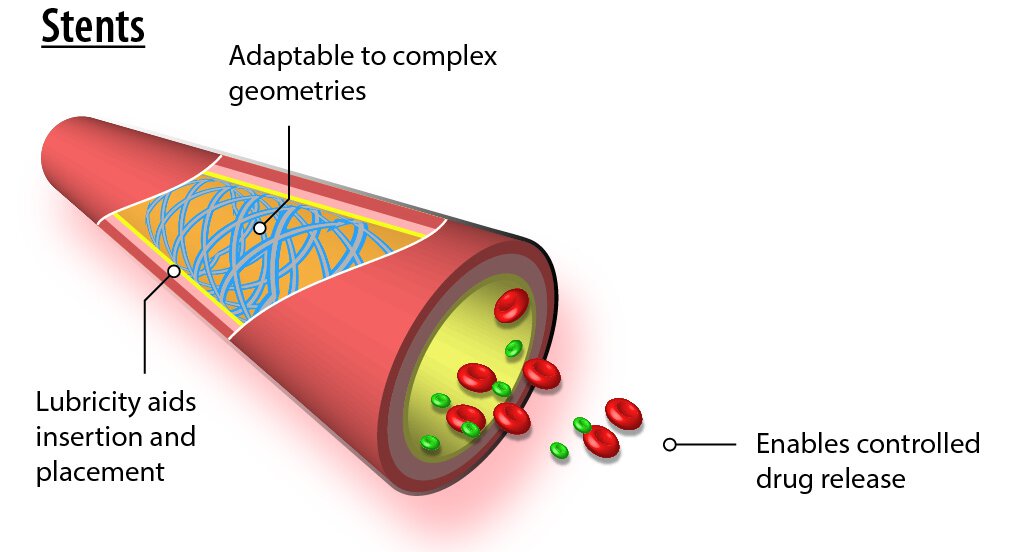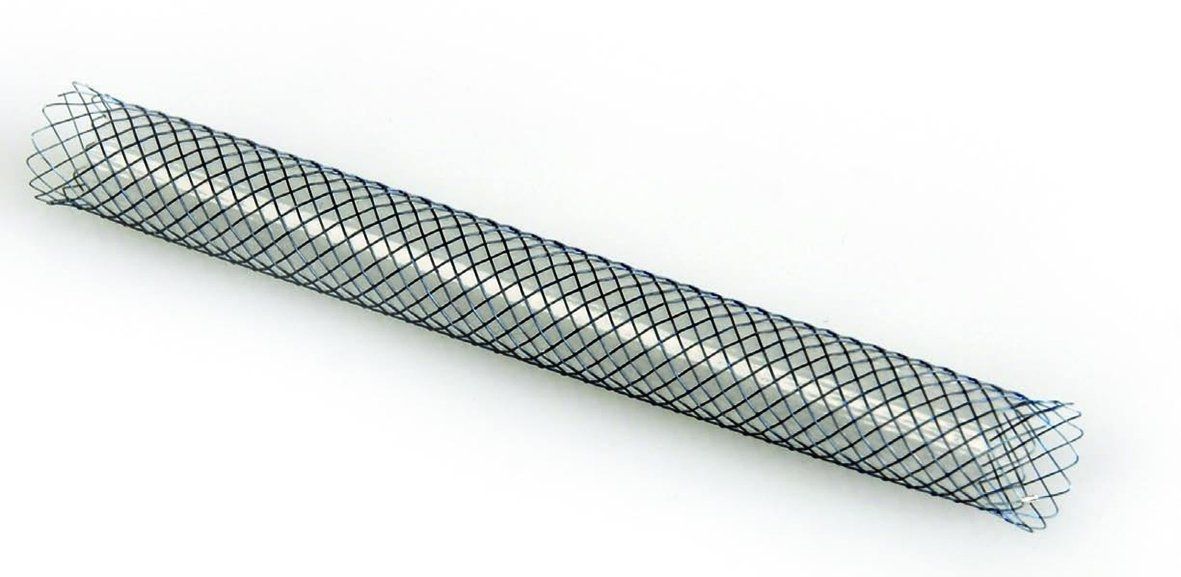Parylene Masking: Materials and Methods
Posted by Sean Horn on Fri, Jan 6, 2017
Parylene deposition takes place at the molecular level. Applied at room temperature through CVD processing, the typical thickness of parylene conformal film is in the microns-range. Advantages of parylene coatings include: Excellent material properties, adhering to a wide range of substrate surfaces, biocompatibility, chemical/corrosion resistance, reliable dielectric performance and thermal sta




0 Comment Click here to read/write comments